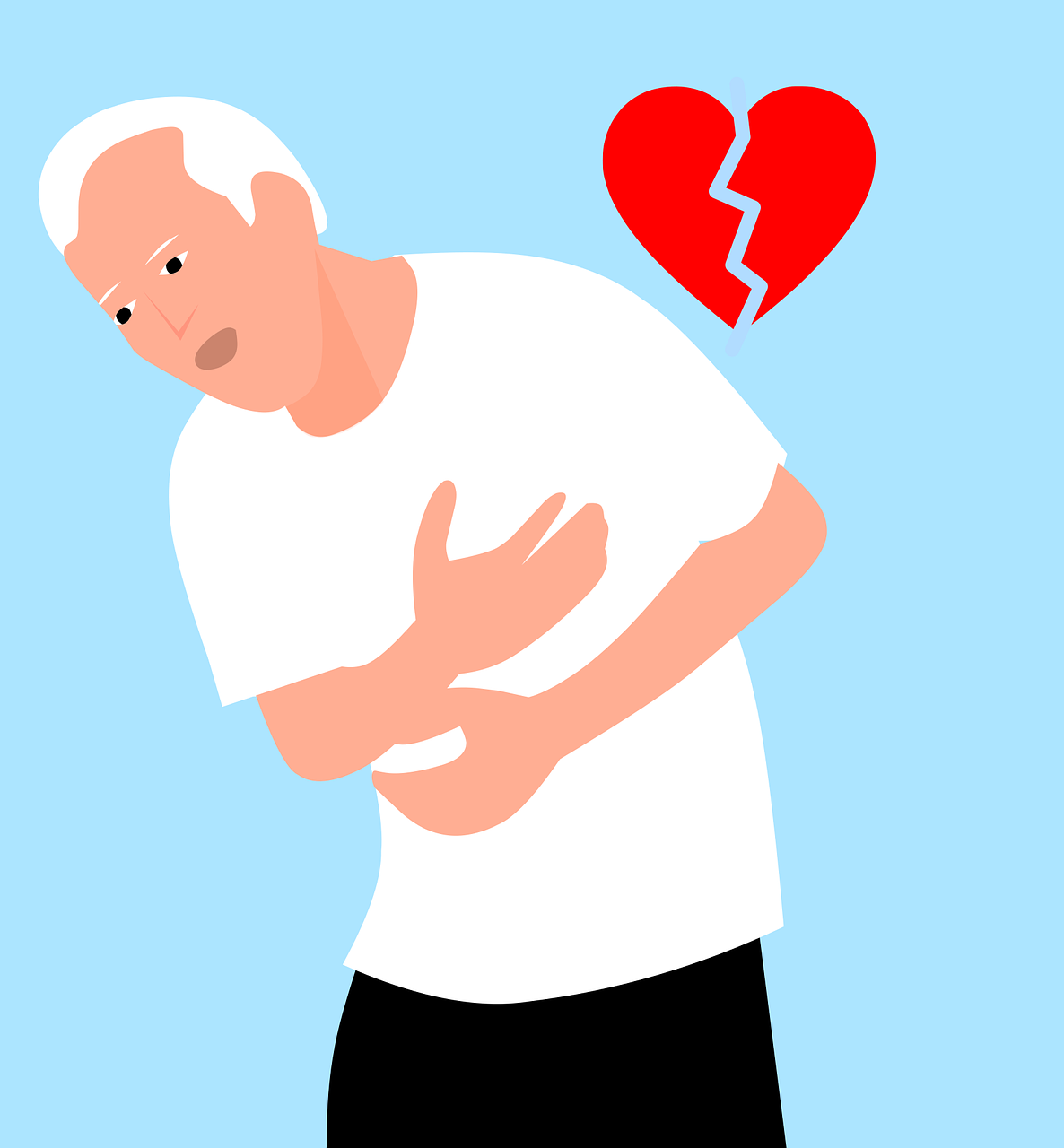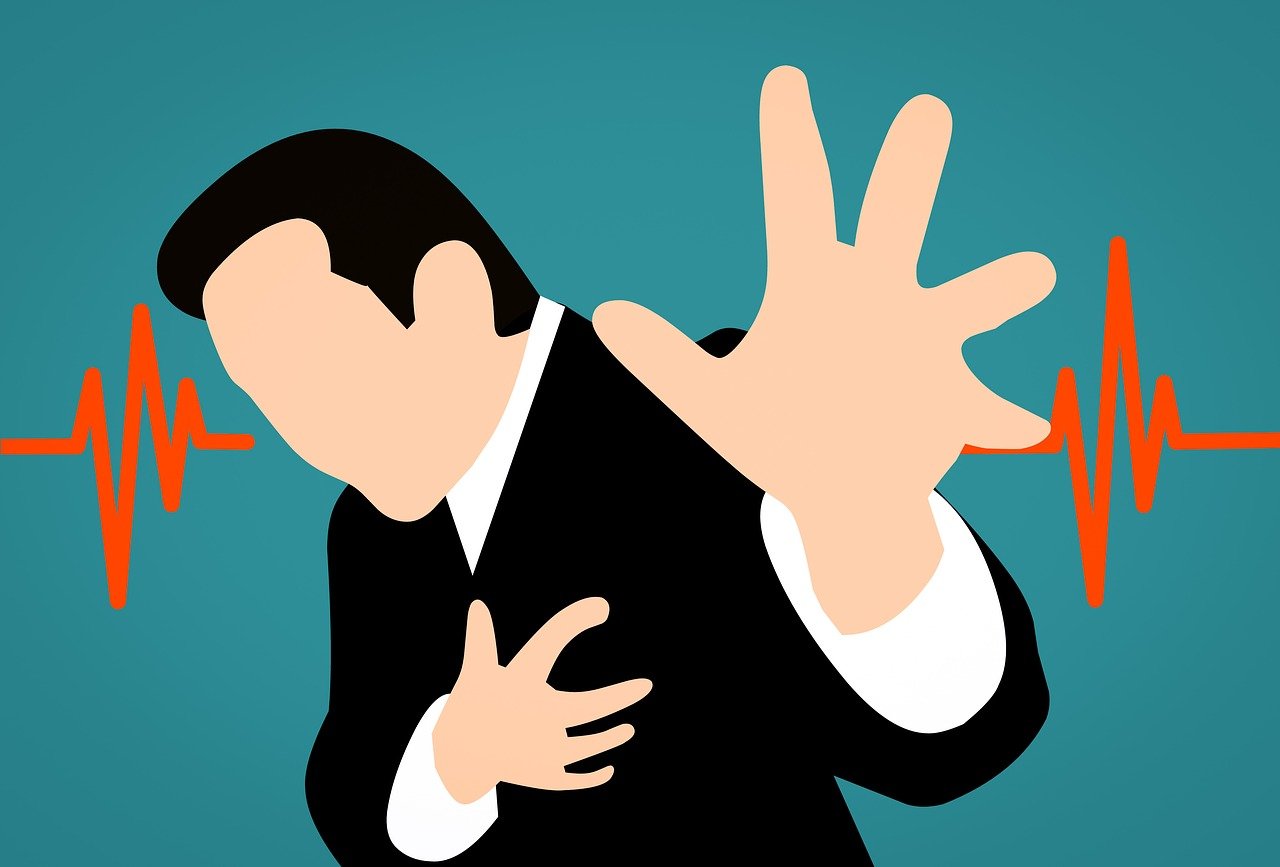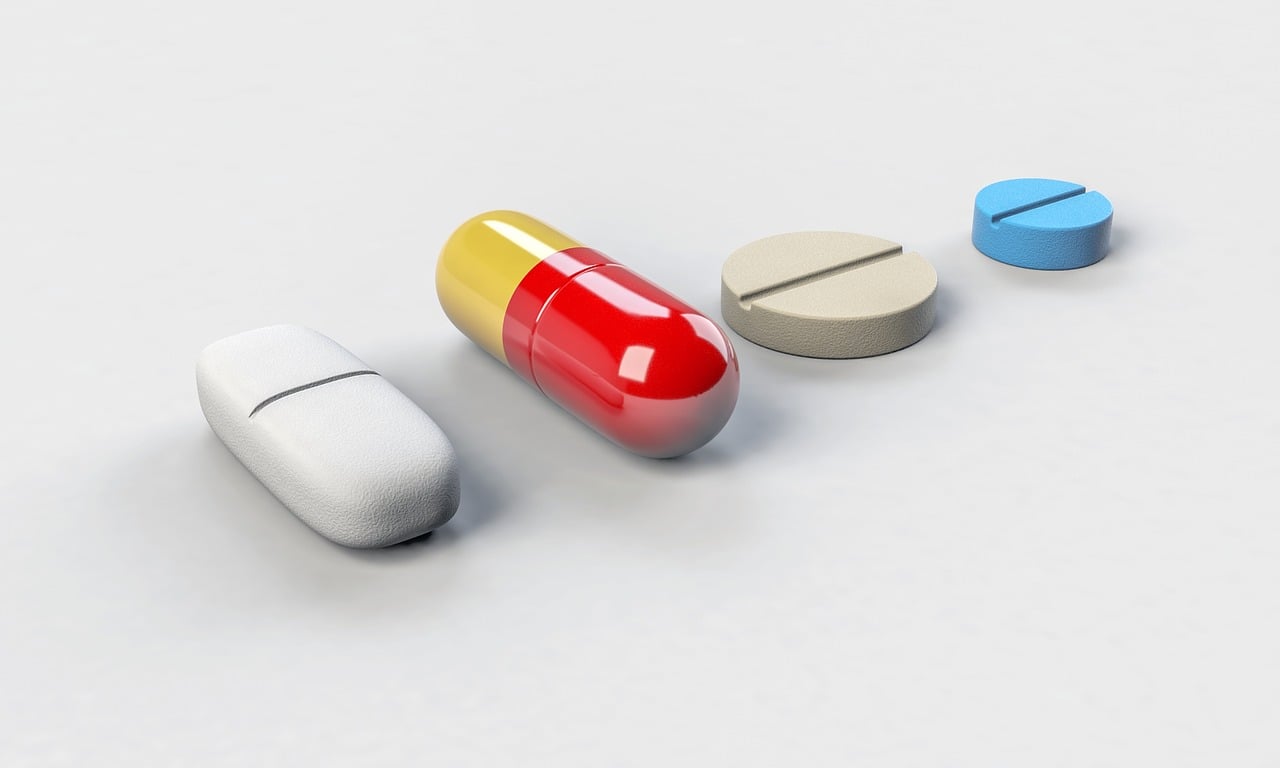
Safe Administration of Aspirin for Chest Pain Relief
Aspirin, also known as acetylsalicylic acid, is a weak acid. Aspirin for chest pain (aspirin for angina) is widely administered as an over-the-counter chest pain medication. It is majorly known for its pain-relieving, anti-inflammatory, and antiplatelet properties. One of its significant applications is in the context of chest pain, particularly in instances associated with cardiac…











